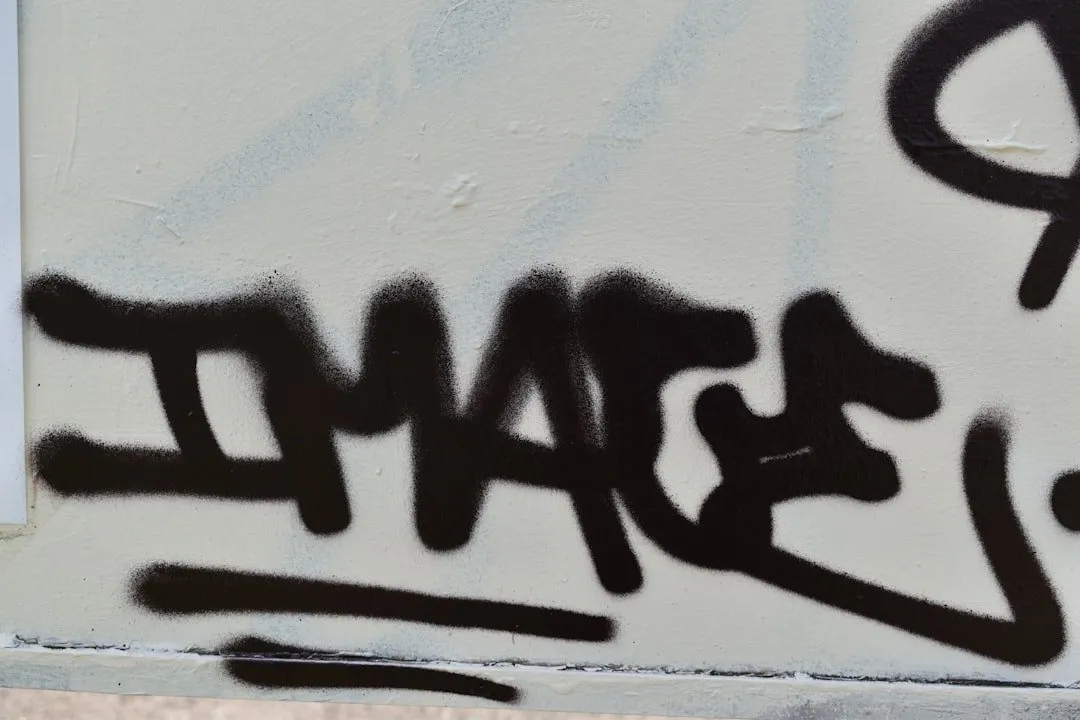Kratom, a natural compound from Mitragyna speciosa leaves, is considered for addiction treatment in South Carolina where it's currently legal but unregulated. Despite its potential benefits, safety concerns arise due to varying legality and product quality. Consulting healthcare professionals before using Kratom for recovery is essential, especially with local laws regarding controlled substances, to ensure safe and effective practices in South Carolina.
Kratom, derived from the tropical plant Mitragyna speciosa, has gained attention as a potential aid for addiction treatment and recovery. This natural alternative offers a unique approach to managing withdrawal symptoms and cravings. However, its effectiveness and legality remain subjects of debate, especially in South Carolina. This article explores kratom’s role in recovery efforts, delves into its safety concerns, and clarifies its legal status in the state, providing insights for those seeking non-traditional paths to overcoming addiction.
- Understanding Kratom: A Natural Alternative for Addiction?
- Is Kratom Legal in South Carolina for Treatment?
- Exploring Kratom's Role in Recovery and Its Safety Concerns
Understanding Kratom: A Natural Alternative for Addiction?

Kratom, derived from the leaves of the Mitragyna speciosa tree, has gained attention as a potential natural alternative for addiction treatment. Often touted as a herbal supplement, it contains compounds that interact with opioid receptors in the brain, offering a range of effects similar to opioids but without the same level of potency and risk of severe side effects. This makes kratom an intriguing option for those looking to manage withdrawal symptoms and cravings associated with various types of addiction.
In terms of legality, the status of kratom varies across countries and states. For instance, in South Carolina, kratom is currently legal but subject to regulations. Its availability in local stores and online platforms has grown, reflecting a growing interest in alternative treatment methods. However, it’s crucial for individuals considering kratom for addiction recovery to consult healthcare professionals who can provide guidance tailored to their specific needs and ensure the safe and effective use of this natural substance.
Is Kratom Legal in South Carolina for Treatment?

In South Carolina, the status of Kratom for addiction treatment is a topic of growing interest and discussion. While Kratom has gained attention as a potential aid in substance abuse recovery, its legal standing varies across states. Currently, South Carolina does not have specific legislation regulating Kratom’s use for medical purposes, including addiction treatment. This means that while some individuals may choose to explore Kratom as an alternative therapy, it is largely uncharted territory in terms of legal acceptance.
It’s important to note that the lack of clear regulations doesn’t necessarily imply prohibition. South Carolina residents should refer to state and federal laws regarding controlled substances, as Kratom’s legal status can be complex. As with any substance used for medical purposes, it’s crucial to consult healthcare professionals and stay informed about local regulations to ensure safe and responsible practices when considering Kratom for addiction treatment.
Exploring Kratom's Role in Recovery and Its Safety Concerns

Kratom has emerged as a potential tool in addiction recovery, offering a natural alternative for those seeking to break free from substance abuse. This herb, derived from the Mitragyna speciosa plant, has shown promise in helping individuals manage cravings and withdrawal symptoms associated with various addictions. Its active compounds interact with opioid receptors in the brain, providing pain relief and a sense of well-being, which can be particularly beneficial for those struggling with opiate addiction.
However, despite its potential benefits, there are safety concerns surrounding kratom use. The herb’s legal status varies across countries and states; in South Carolina, it is currently considered legal, but regulations may change. Unregulated kratom products carry risks, as their potency and purity can vary significantly, leading to adverse effects. Additionally, long-term use of kratom may result in dependence or other health issues. Therefore, it’s crucial for individuals considering kratom for recovery to seek professional guidance and opt for high-quality, regulated products to ensure safety throughout the healing process.
Kratom holds promise as a natural alternative for addiction treatment, particularly in areas like South Carolina where its legal status allows for exploration. However, while it shows potential for supporting recovery, it’s crucial to approach kratom use with caution and under professional guidance. Further research is needed to fully understand its safety and efficacy, especially regarding dosage and long-term effects. For those seeking addiction treatment, considering kratom as a complementary therapy alongside established methods can be beneficial, but always in conjunction with medical supervision. The legal availability of kratom in South Carolina opens doors for more dialogue and study into its potential role in helping individuals navigate recovery journeys.














